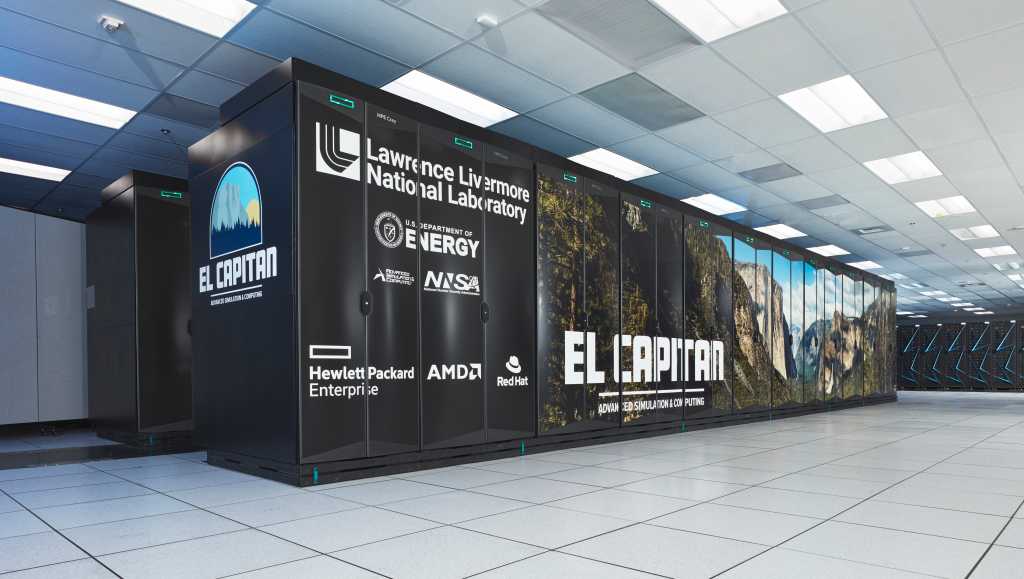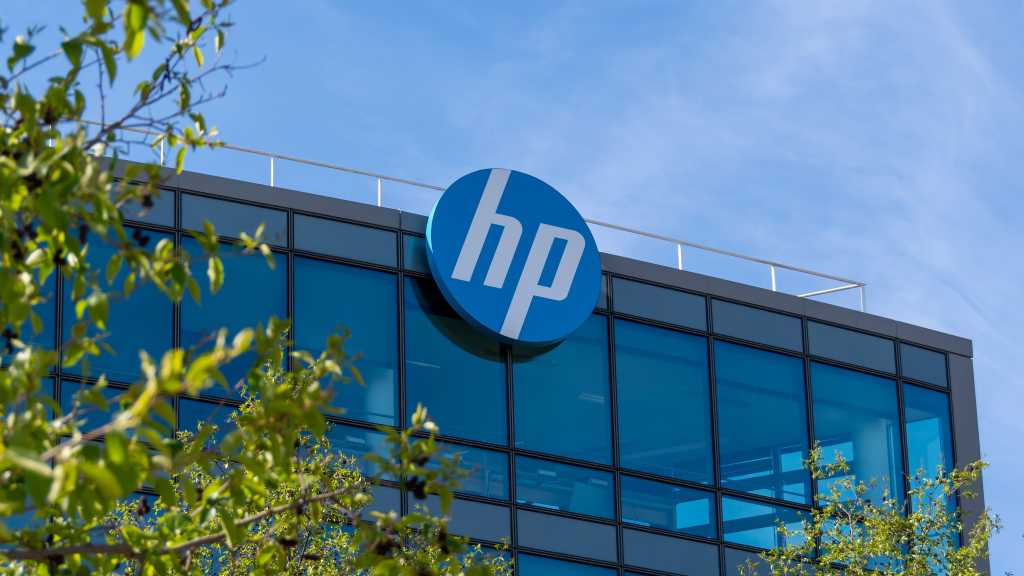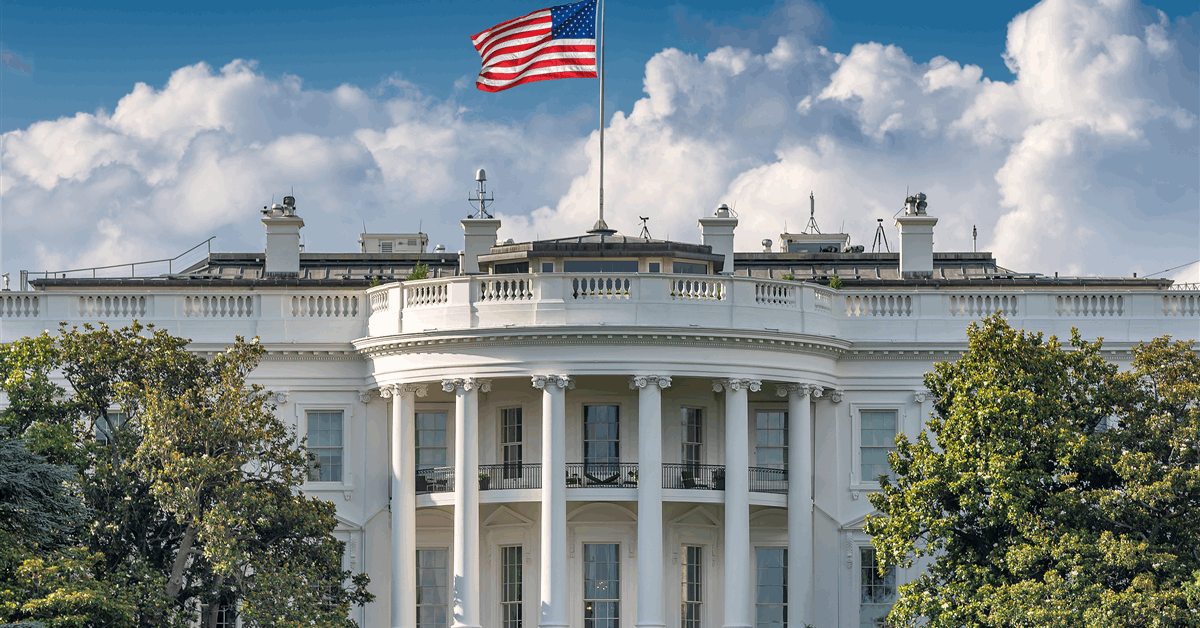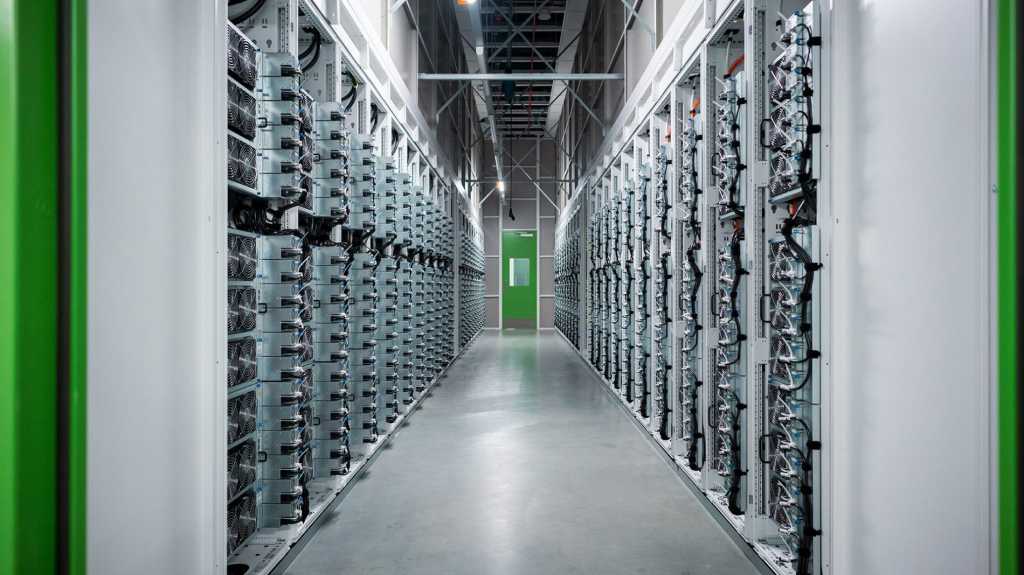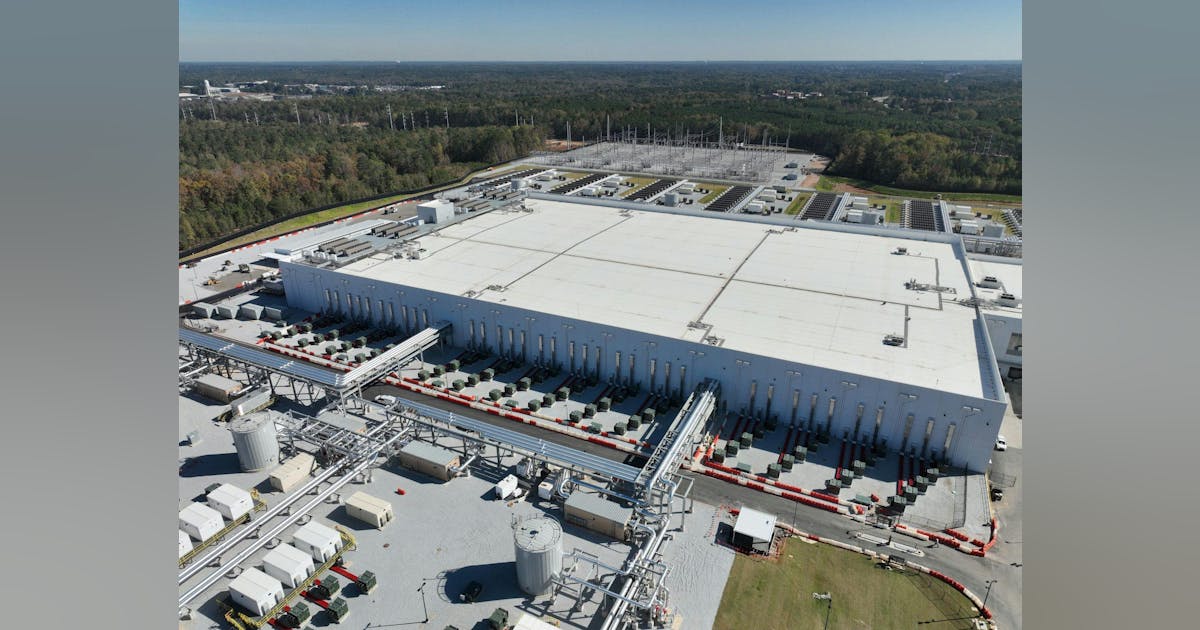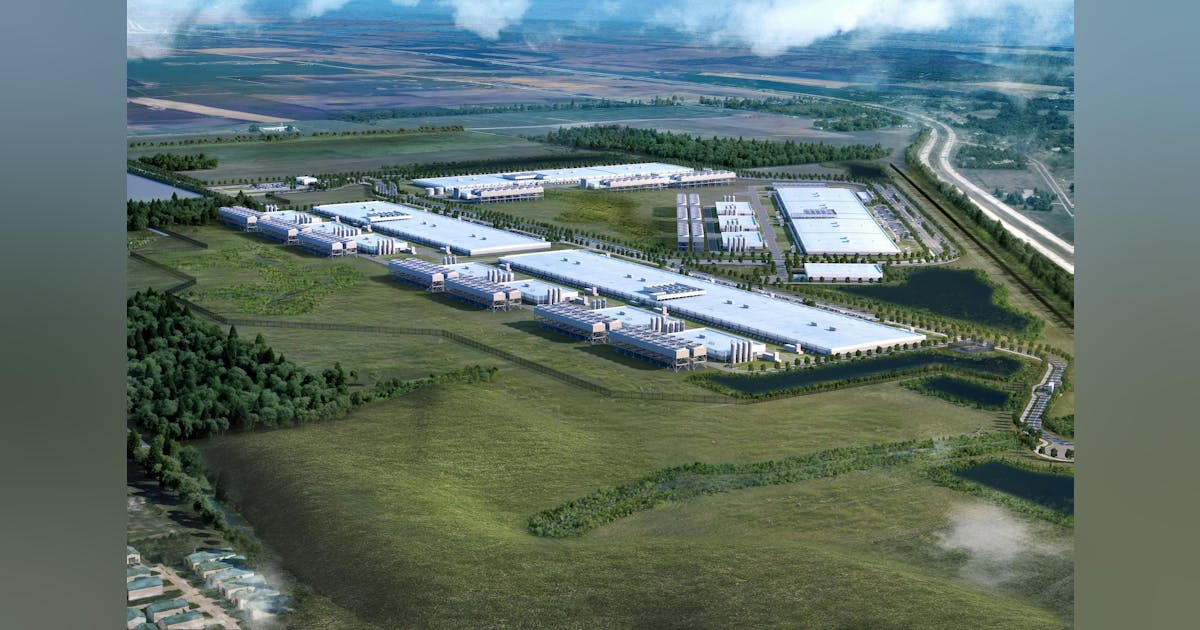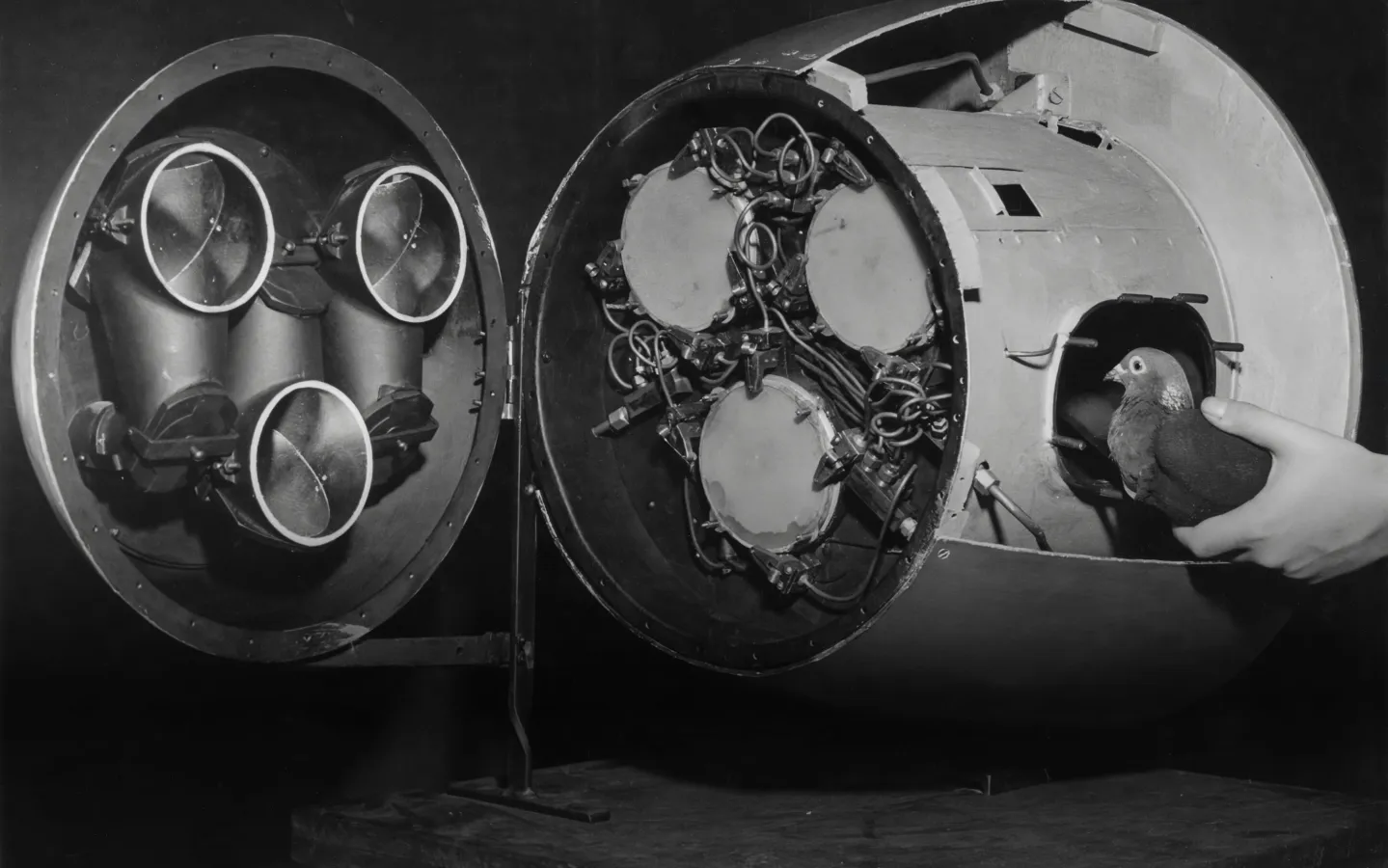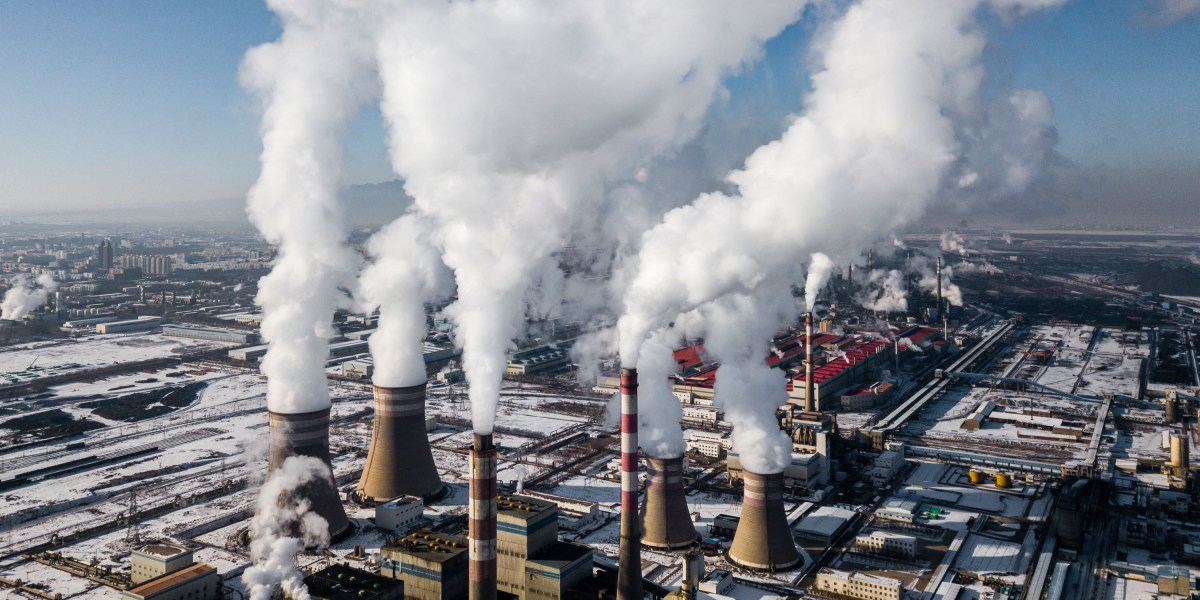
Lotte Chemical and HD Hyundai Chemical agreed to combine part of their naphtha-cracking facilities as South Korea’s top petrochemicals producers respond to a prolonged oversupply and weakening margins.
Lotte Chemical will split its facility at the Daesan petrochemical complex in South Chungcheong Province and fold it into HD Hyundai Chemical’s operations, according to separate statements from Lotte. The two companies had separately operated 1.1-million-ton-a-year and 850,000-ton-a-year units at the same site before Wednesday’s announcement.
HD Hyundai Co., the parent company of HD Hyundai Oilbank Co. also confirmed the consolidation plan through a regulatory filing. HD Hyundai Oilbank currently owns 60% of HD Hyundai Chemical while Lotte Chemical owns the rest.
South Korean plants are designed to turn naphtha — a crude oil derived product — into petrochemicals that can go into making everything from plastic bags to pipes and even paint solvents. These units are struggling to compete with big and fully integrated Chinese complexes, many of which have sprung up in the last decade.
The South Korean government has been pressing for industry reform, which resulted in 10 major chemical firms pledging to curb capacity and a year-end deadline set for consolidation. The Lotte-Hyundai combination is the first restructuring under the government plan.
For Korea’s chemicals industry, the Lotte–HD Hyundai deal marks a shift from incremental cost cuts to structural consolidation. For global competitors, particularly Chinese or Middle Eastern producers, it signals that South Korea is no longer sticking with the standalone, fragmented and cost-disadvantaged model.
Petrochemical is one of South Korea’s major export sectors and weakening financials of a major operator became a flashpoint for the struggling industry this year. Yeochun NCC Co., one of Korea’s largest ethylene producers, faced a near default until it secured emergency financing from major shareholders.
That partly prompted the government to summon major players in August, including LG Chem Ltd. and Lotte Chemical, to discuss restructuring plans. A successful merger could pave the way for further consolidation. Industry Minister Kim Jung-kwan on Wednesday urged Yeosu complex to draw up reform plans, which features Yeochun NCC as the main operator alongside LG Chem.
Previous stopgap measures — including divesting overseas stakes — have done little to stem record losses. The petrochemical sector will require close monitoring from a credit perspective in 2026 amid a prolonged downturn, Kihyuk Kwon, head of corporate finance division at Korea Investors Service, said during a media briefing on Monday.
While the consolidation won’t resolve the global oversupply, it gives South Korea’s petrochemical sector a fighting chance. In an industry where scale, integration and feedstock efficiency define survival, this could mark the start of a long-awaited revival.
WHAT DO YOU THINK?
Generated by readers, the comments included herein do not reflect the views and opinions of Rigzone. All comments are subject to editorial review. Off-topic, inappropriate or insulting comments will be removed.


